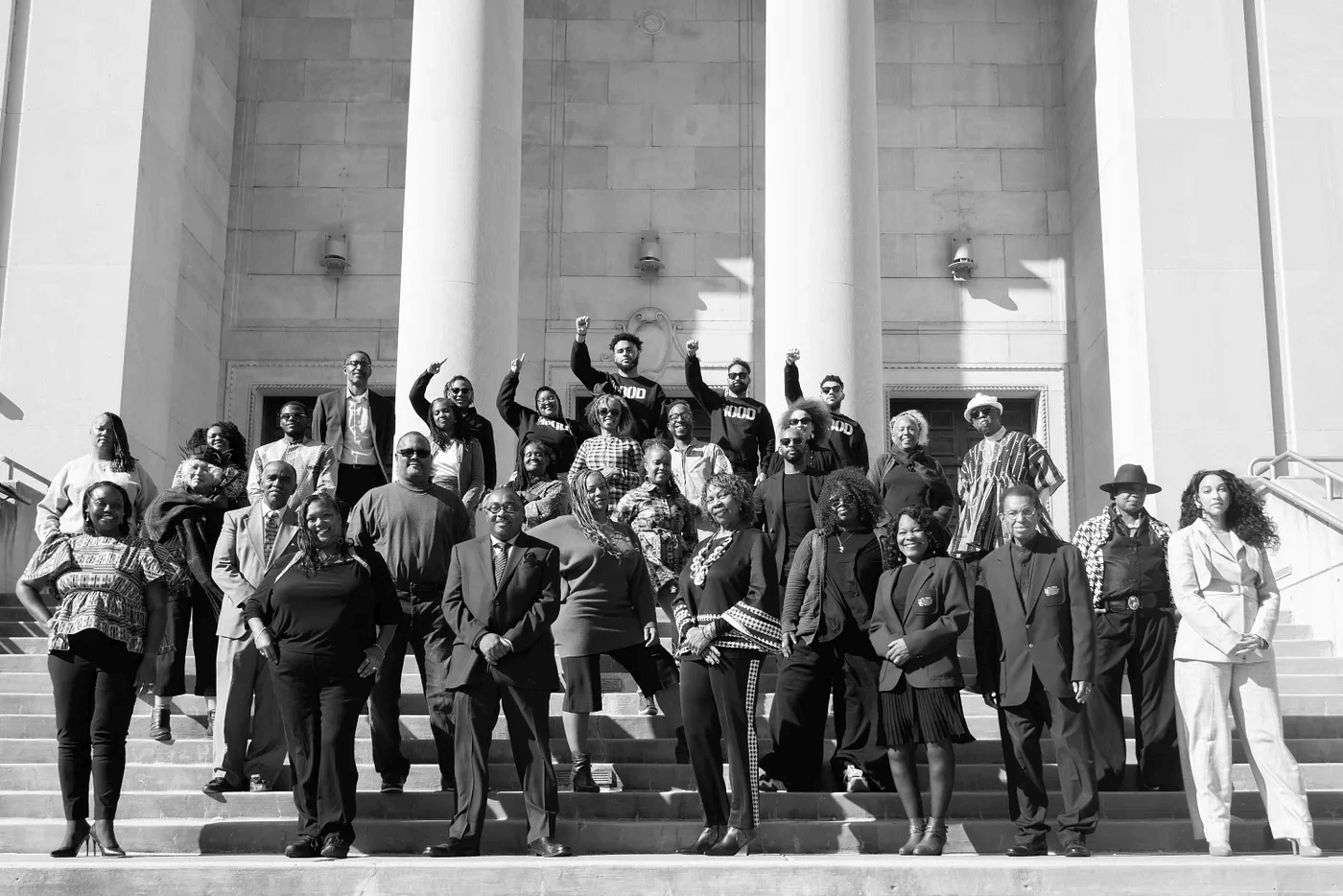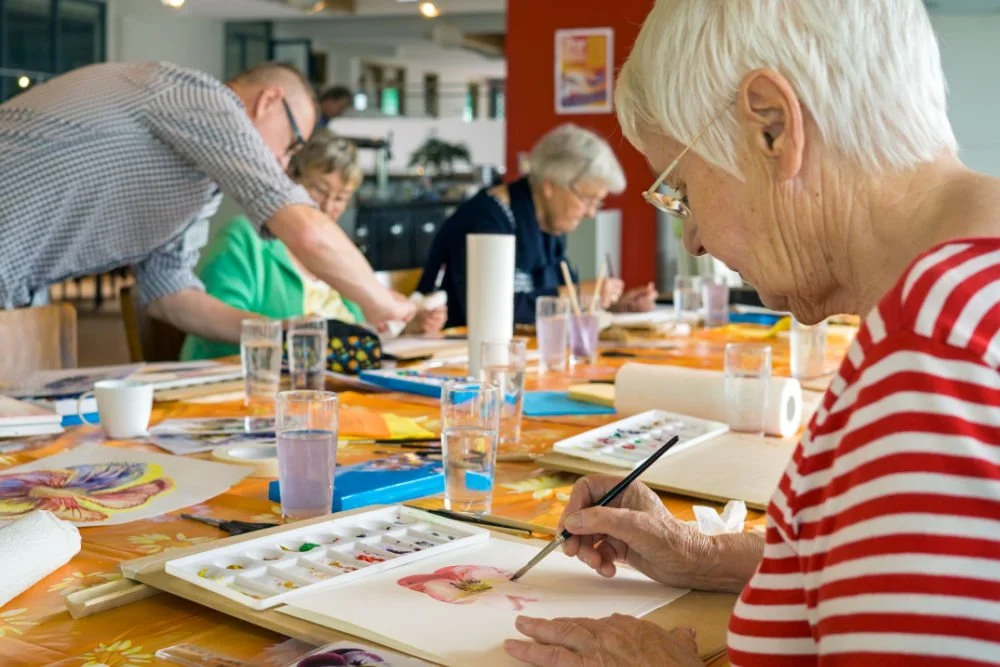Freedom, Justice, and Immigrant Mentorships: Ford's Arts Strategy in Action
/photo: Nancy Bauer/shutterstock
A few months after partnering with collector Agnes Gund to create the Art for Justice Fund to advance criminal justice reform in the United States, the Ford Foundation announced its 2017 #ArtofChange Fellows who are "advancing freedom, justice, inclusion and democracy through art."
Around the same time, Ford also expanded its support to the New York Foundationfor the Arts’ (NYFA) Immigrant Artist Mentoring Program.
These developments align with Ford's overarching strategy of combating inequality, working in an arts philanthropy space where funders are increasingly exploring the intersection of art and activism.
Freedom and Justice
This year marks the second class of Ford's #ArtofChange fellows, albeit with a slight twist: This year, fellows are focused on the specific theme of "exploring freedom and justice in America."
"The artists and cultural leaders selected for Art of Change fellowships all have a demonstrated commitment to social justice, and reflect a powerful diversity of experiences and creative voices," Ford announced early this month. "Drawn from a wide range of artistic fields, the fellows span generations, backgrounds, geographies, and life experiences—and together tell a rich and varied American story."
The yearlong fellowship comes with unrestricted stipends of $50,000 for individuals and $75,000 for collaborative teams. Check out the full list of fellows here.
Ford, of course, is but one of many other funders—which include A Blade of Grass, the Shelly and Donald Rubin Foundation, and the Robert Rauschenberg Foundation—that are navigating the relationship between the arts and activism. The fellowship, coupled with its partnership with Agnes Gund, underscores its commitment to generate meaningful social change through the arts.
Ford's fellowship falls within its Creativity and Free Expression division, which awards grants in the fields of arts and culture, documentary and emerging media, and journalism. The division’s efforts are organized through two lines of work—Social Justice Storytelling and 21st Century Arts and Media Infrastructure—that connect with others across the foundation.
Recent news finds the Creative and Free Expression connecting with another an important line of work, immigrant rights.
A Focus on Immigrant Artists
Earlier this year, Ford published a blog post by Communications Associate Crysta Jentile in support of immigrants in the wake of President Trump’s travel ban. (Other large foundations, as noted at the time, remained conspicuously silent even as many signed on to a public statement criticizing the ban.)
"At the Ford Foundation, we seek to listen to and learn from the experiences of immigrants themselves, as well as from the expertise of advocates and activists who are working to secure rights and dignity for immigrants," said Jentile.
Given Ford's views in this area, it's not surprising to see it supporting the New York Foundation’s Immigrant Artist Mentoring Program, which pairs foreign-born artists with artists who have received a New York State Council on the Arts/NYFA Artist Fellowship and/or past participants of the program.
The mentors interact with their mentees one-on-one for a period of three months, guiding them to achieve specific goals and providing them with broader access to urban cultural centers through an exchange of ideas, resources, and experiences.
The program receives additional support from Deutsche Bank, the Rubin and Vilcek foundations, and Con Edison.
Thanks to Ford’s most recent infusion, the program will expand to Detroit, Newark, Oakland and San Antonio, connecting an additional 144 immigrant artists with mentors to and provide guidance and access to resources and connections for their work.
Echoing a familiar refrain, Margaret Morton, a Ford Foundation program officer for creativity and free expression, said, "At a time of crisis and uncertainty for immigrant families and children, artists can be powerful leaders for social change." The new programs, she added, are being established to "embrace artists and amplify their voices."







































